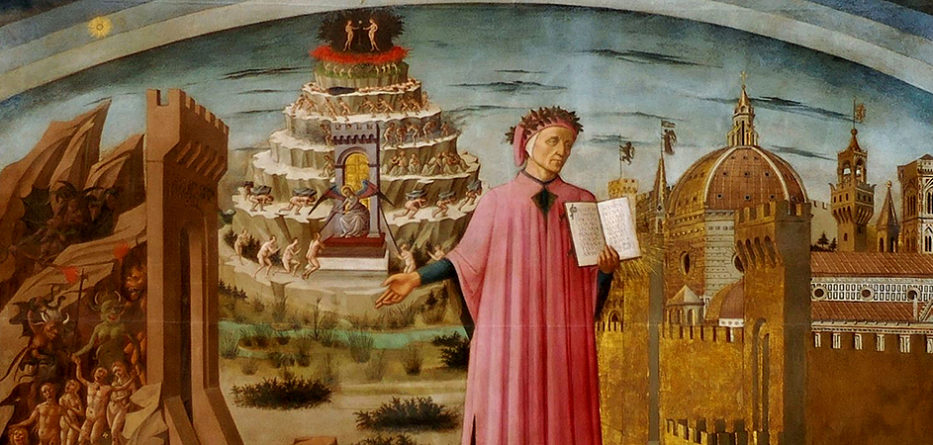Since 2015, Gallup has published the annual “Global Emotions Report,” which outlandishly claims to be a “measure of everything that makes life worth living.” The latest report notes that 2020 was a record-setting year for negative emotions, with “experiences of stress, worry, sadness and anger” at an all-time high. Such findings are hardly surprising. Recent economic upheavals in many areas around the world have increased the wealth gap and exacerbated social stratification, both of which feed estrangement, resentment and cynicism. Alongside all of this persist other realities: a global pandemic that has caused over four million deaths, the outworking of centuries of racial injustice in the United States and other countries and the practice of national politics as blood sport.
Yet across the sweep of global history, we can certainly find bleaker times. A smidgen of humility about our challenges in comparison to those of our forebears is appropriate. While it is easy to regard the present as the worst possible historical moment, we must also put our very real suffering alongside a long legacy of genocidal paroxysms, cataclysmic natural disasters, outbreaks of high-mortality pandemics like the Black Death and devastating world wars. Moreover, within the prodigious scope of human writings, one or two other works might lay better claim than the latest public opinion survey to measure those things that make life worth living.
As it turns out, the year 2021 coincides with an opportunity to be guided and challenged by a man whose own life was fraught with both difficulty and beauty. Seven hundred years ago this September, Dante Alighieri died. Dante was no stranger to brutal politics, climate change, crop failure and famine, disease, economic catastrophe, homelessness and war. In the midst of grief and upheaval, he penned what the literary scholar R.W.B. Lewis identifies as “the greatest single poem ever written.” Pope Francis is only slightly more restrained in praising the Divine Comedy as “one of the highest expressions of human genius,” one that shows “with poetic beauty the depth of the mystery of God and love.”
In his 2021 apostolic letter “Candor Lucis Aeternae,” the pope poses questions about Dante’s great work. “What can he communicate to us in this day and age? Does he still have anything to say to us or offer us? Is his message relevant or useful to us? Can it still challenge us?” With confident, affirmative answers, Pope Francis urges us to read, hear and imitate Dante, “to become his companions.” His invitation is not just for those who already know and love Dante’s work, but for those looking for a different voice in response to our current moment.
To continue reading this article, click here.
Douglas V. Henry is dean of the Honors College at Baylor University.
With thanks to America Magazine and Douglas V. Henry, where this article originally appeared.








